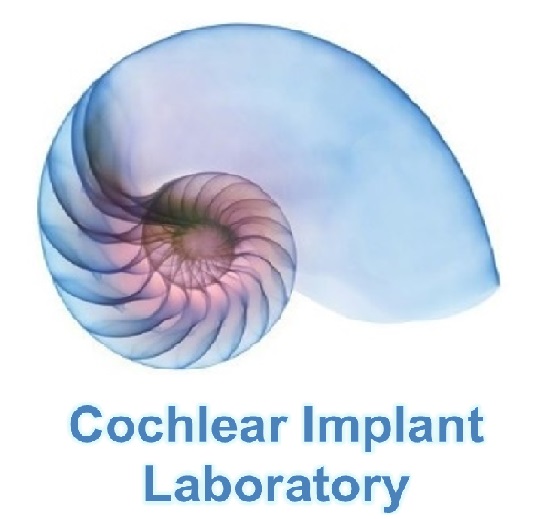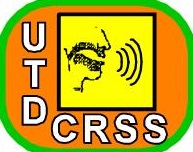CILab Mission
The Cochlear Implant Laboratory led by Dr. John H. L. Hansen, is one of the several labs within CRSS:Center for Robust Speech Systems. The mission of CRSS-CI Lab is to contribute and advance the state of art in speech technology for improving hearing function of hearing impaired individuals with emphasis on cochlear implant recipients. To accomplish this, we focus on developing computer models and software that could improve the performance of cochlear implants in discerning background noise from conversations taking place in the foreground, as well as strengthening the intelligibility of the speech signal prior to CI stimulation. We feel honored to carry forward Dr. Philipos Loizou's vision and work of developing an interface that enabled an external Personal Digtial Assistant (CI-PDA) to process acoustic signals, such as speech, through a microphone worn behind an individual’s ear. After Dr. Loizou's passing in 2012, the lab moved towards designing a bi-modal and bi-lateral research platform (CCi-MOBILE) which allows any researcher to “test drive” their algorithms in the lab or for the first time on-the-go in natural settings where CI users have the most challenges in human communications. The CCi-MOBILE research platform allows for single or dual CIs, hearing aids (HAs), or a mix (CI in one ear, HA in another).
For centuries, people believed that only a miracle could restore hearing to the deaf. It was not until forty years ago that scientists first attempted to restore normal hearing to the deaf by electrical stimulation of the auditory nerve. The first experiments were discouraging as the patients reported that speech was unintelligible. However, as researchers continued to advance techniques for delivering electrical stimuli to the auditory nerve, the auditory sensations elicited by electrical stimulation gradually came closer to sounding more like normal speech. Today, a prosthetic device, called a cochlear implant, can be implanted in the inner ear and can restore partial hearing to profoundly deaf people.
Some individuals with implants can now communicate without lip-reading, some can communicate over the telephone and some can enjoy music. The success of cochlear implants can be attributed to the combined efforts of scientists from various disciplines including bioengineering, physiology, otolaryngology, hearing science/audiology speech science, and signal processing. Each of these disciplines contributed to various aspects of the design of cochlear prostheses. Signal processing, in particular, plays an important role in the development of different techniques for deriving electrical stimuli from the speech signal. Designers of cochlear prosthesis have been faced with the challenge of developing signal processing techniques that would mimic the function of a normal cochlea.










